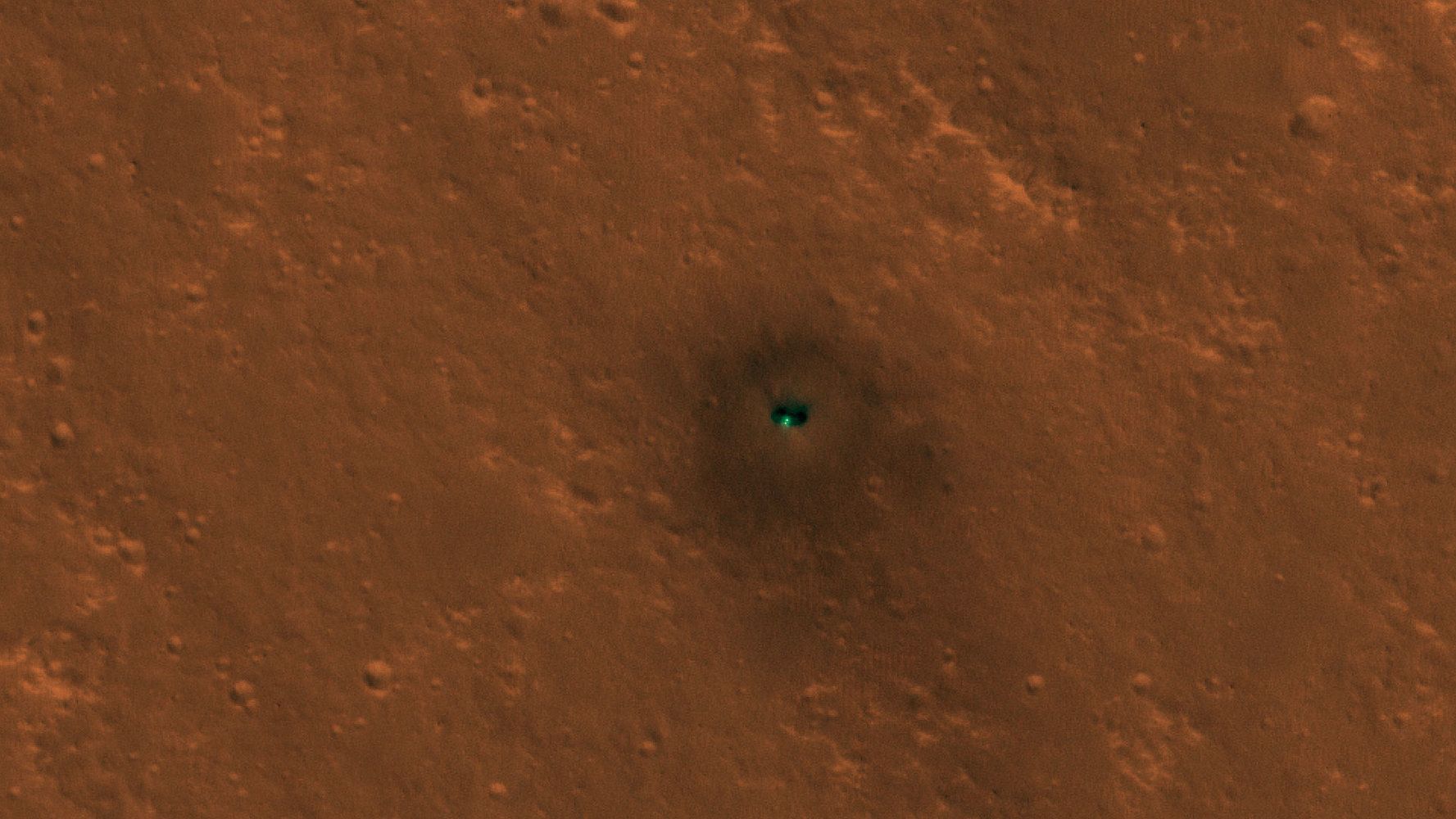Page 9271
Dec 14, 2018
Facebook’s latest privacy scandal: The private photos of millions of users were accidentally shared with 1,500 apps
Posted by Michael Lance in category: cybercrime/malcode
“We’re sorry this happened,” Facebook said in a statement after disclosing yet another privacy failing.
Facebook said on Friday in a developer-focused blog post that it had discovered a nasty bug in its photo software.
The bug allowed authorized app programmers to access photos that people had uploaded to Facebook but not publicly shared, as well as those posted on Facebook’s Marketplace software or Facebook Stories, the post said.
Dec 14, 2018
Computers could soon run cold, no heat generated
Posted by Klaus Baldauf in categories: computing, materials
Transistors, superconductors, and chip design have all seen efficiency breakthroughs this year. So much so, that we may see the cold-running computer before too long.
Dec 14, 2018
The Amazing Ways How Unilever Uses Artificial Intelligence To Recruit & Train Thousands Of Employees
Posted by Genevieve Klien in categories: information science, robotics/AI, transportation
Unilever, the multinational consumer goods manufacturer, uses artificial intelligence and machine learning to help with recruiting and onboarding of new employees. The algorithms help to sift through CVs and even conduct and analyze video interviews.
Dec 14, 2018
Crick Scientists Crack CRISPR editing
Posted by Genevieve Klien in category: biotech/medical
A team of researchers have just figured out how to play god, mastering the editing of DNA
Dec 14, 2018
We Might be able to Eradicate Cytomegalovirus
Posted by Steve Hill in category: biotech/medical
Cytomegalovirus (CMV) is a β-herpesvirus that infects the majority of people in the world. It lies dormant in the body, waiting for an opportunity to strike when the immune system is weakened. This persistent virus infects people for their entire lives, and now researchers have discovered how the virus spreads, opening the door to ways to destroy it.
What is cytomegalovirus?
CMV is part of the β-subfamily of herpesviruses, which are believed to have been co-evolving with their hosts for around 180 million years [1]. CMV infection is asymptomatic; this means it causes no symptoms and is a latent infection; in other words, it lies dormant in the cell, awaiting activation under certain conditions [2].
Dec 14, 2018
Association of Assisted Reproductive Technologies With Arterial Hypertension During Adolescence
Posted by Pat Maechler in categories: biotech/medical, genetics, life extension, sex
There’s a positive correlation of assisted reproductive technologies with arterial hypertension. Epigenetics and hormone treatments with IVF are probable causes.
Assisted reproductive technologies (ART) have been shown to induce premature vascular aging in apparently healthy children. In mice, ART-induced premature vascular aging evolves into arterial hypertension. Given the young age of the human ART group, long-term sequelae of ART-induced alterations of the cardiovascular phenotype are unknown.
This study hypothesized that vascular alterations persist in adolescents and young adults conceived by ART and that arterial hypertension possibly represents the first detectable clinically relevant endpoint in this group.
About the dinosaur wars…? Somehow I find this whole discussion to be debated in a pretty narrow-minded fashion and it renders it, at least to me, fairly useless.
Environmental influences are important, too, but they are largely unsystematic, unstable and idiosyncratic.
- By Robert Plomin on December 14, 2018
Dec 14, 2018
NASA’s Insight Lander on Mars Spotted from Space!
Posted by Alberto Lao in categories: robotics/AI, space
NASA’s newly arrived Mars lander has been spotted by one its orbiting cousins.
The space agency’s Mars Reconnaissance Orbiter used its supersharp High Resolution Imaging Science Experiment camera (HiRISE) to photograph the InSight lander, as well as the hardware that helped the stationary robot ace its Nov. 26 touchdown on the equatorial plain known as Elysium Planitia.
“It looks like the heat shield (upper right) has its dark outside facing down, since it is so bright (saturated, probably a specular reflection),” HiRISE principal investigator Alfred McEwen, of the University of Arizona, wrote in an image description today (Dec. 13). [Mars InSight in Photos: NASA’s Mission to Probe Core of the Red Planet].


















